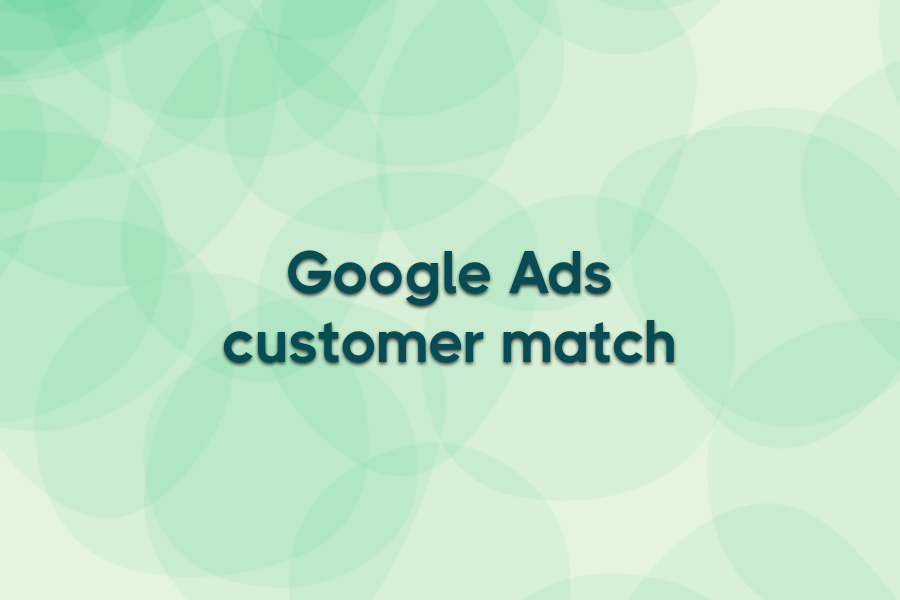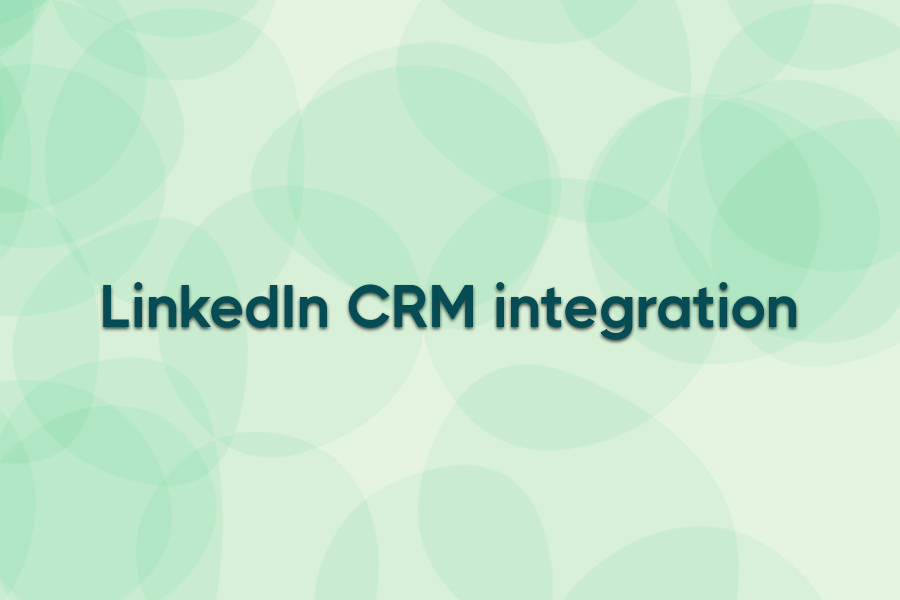Marketing automation is transforming the healthcare industry by enabling professionals to engage with patients more effectively and efficiently. This guide provides a comprehensive overview of marketing automation specifically tailored to healthcare settings. From understanding its foundational principles to implementing practical strategies, we'll delve into how healthcare providers can leverage these tools to enhance their marketing efforts, improve patient engagement, and streamline operations.
Understanding marketing automation in healthcare
Marketing automation in healthcare refers to the use of software and technology to automate repetitive marketing tasks, enabling healthcare providers to communicate effectively with patients and prospective patients. This approach not only saves time but also allows for more personalized communication.

In the healthcare sector, efficient marketing automation can significantly enhance patient outreach by delivering timely information about new services, health tips, appointment reminders, and more. By automating tasks such as email marketing and social media postings, healthcare organizations can focus on delivering quality care while ensuring that their marketing strategies run smoothly.
Marketing automation tools can analyze patient data to segment audiences based on factors such as demographics, health conditions, and engagement levels. This segmentation enables healthcare providers to customize their messaging, ensuring that patients receive content relevant to their specific needs. For example, a healthcare provider might send tailored wellness tips to diabetic patients while offering preventive care advice to younger demographics. This personalized approach not only boosts patient engagement but also strengthens the bond between patients and their healthcare providers.
Additionally, marketing automation can facilitate the management of patient feedback and reviews. By automating the collection of patient satisfaction surveys and follow-up communications, healthcare organizations can gain valuable insights into their services and identify areas for improvement. This feedback loop is crucial in a competitive healthcare landscape, as it allows providers to adapt their strategies in real-time, ensuring they meet the evolving expectations of their patients. Furthermore, by sharing positive patient testimonials and success stories through automated channels, healthcare organizations can build credibility and trust within their communities, ultimately driving patient loyalty and retention.
The mechanics of healthcare marketing automation
The mechanics of marketing automation in healthcare typically involve a combination of tools and techniques designed to streamline marketing workflows. These systems often include customer relationship management (CRM) software, email marketing platforms, and social media management tools.

These technologies can assist in creating personalized campaigns based on patient data and behaviors. For instance, when a new health service is introduced, automated email campaigns can target previous patients based on their medical history, encouraging them to take advantage of the offer.
Healthcare marketing automation can greatly improve patient engagement through targeted content delivery. By analyzing patient interactions and preferences, healthcare providers can send personalized health tips, articles, or reminders about preventive screenings directly to patients' inboxes. This approach not only keeps patients informed but also helps build trust and a sense of community between the provider and the patient, which is critical in the healthcare field.
Automation tools also facilitate the collection and analysis of patient feedback through automated surveys and follow-up emails. By streamlining these processes, healthcare organizations can gain valuable insights into patient satisfaction and identify areas for improvement. This data-driven method allows for continuous adjustment of marketing strategies to better meet patient needs and expectations. As a result, healthcare providers create a more patient-focused and responsive marketing environment, ultimately leading to improved patient outcomes and increased loyalty.
Advantages of implementing marketing automation in healthcare
Implementing marketing automation in healthcare brings numerous advantages that can help providers achieve their goals more effectively. Here are some notable benefits:
- Improved efficiency: Automation allows healthcare teams to manage their time better by reducing repetitive tasks, enabling them to focus on core responsibilities.
- Enhanced patient engagement: By delivering personalized, timely messages, organizations foster stronger relationships with patients, encouraging loyalty and satisfaction.
- Data-driven insights: Marketing automation tools provide valuable analytics, helping healthcare providers understand patient behavior and preferences, thus informing better marketing strategies.
- Cost-effective marketing: Automated campaigns generally reduce costs associated with manual marketing efforts, allowing for a reallocation of budget to other important areas.
In addition to these benefits, marketing automation can significantly streamline the patient journey. By utilizing automated workflows, healthcare providers can ensure that patients receive the right information at the right time, whether it's appointment reminders, follow-up care instructions, or health tips tailored to their specific conditions. This not only enhances the patient experience but also improves adherence to treatment plans, ultimately leading to better health outcomes.
Marketing automation can also support targeted outreach for specific health initiatives or campaigns. For example, healthcare organizations can segment their audience by demographics, medical history, or engagement levels, enabling highly personalized communication. This targeted strategy increases the chances of patient participation in wellness programs or screenings and helps build a community of informed patients who are more proactive about their health. By fostering such engagement, healthcare providers can promote a culture of preventive care, which is increasingly important in today's healthcare environment.
Comprehensive checklist for healthcare marketing automation
To effectively implement a marketing automation strategy, healthcare organizations can follow this comprehensive checklist that includes key components essential for success:

Effective email marketing strategies
Email remains one of the most effective marketing channels in the healthcare field. Healthcare providers should create informative newsletters, health guides, and service announcements that keep patients informed and engaged. Implementing email marketing workflow automation can further streamline these efforts by ensuring timely, personalized messages reach the right patients. Segmented lists allow for tailored messaging, ensuring that patients receive relevant content based on their healthcare needs. Additionally, incorporating interactive elements such as surveys or polls within emails can further enhance patient engagement, providing valuable feedback that can inform future content and services.
Targeting and segmenting patients
Understanding your patient demographic is crucial for effective marketing automation. By segmenting patients based on their medical history, demographics, and preferences, healthcare providers can target them with more relevant messaging. This strategy increases the likelihood of engagement and conversion. Moreover, utilizing behavioral data—such as website interactions and past appointment histories—can refine these segments even further, allowing for hyper-targeted campaigns that resonate deeply with specific patient groups.
Nurturing leads for better engagement
Lead nurturing involves building relationships with potential patients through various content and communications. Automated workflows can facilitate this process by sending timely follow-ups, educational content, and personalized recommendations based on patient interactions with the healthcare organization. This nurturing process can be enhanced by offering exclusive content, such as eBooks or webinars, that provides additional value and positions the organization as a trusted resource in the healthcare community.
Managing social media presence
Social media plays a vital role in modern healthcare marketing. A strong social media presence allows organizations to connect with patients in a more informal setting. Automation tools can schedule posts, track interactions, and analyze engagement metrics, helping providers refine their strategies. Furthermore, engaging with patients through live Q&A sessions or health-focused discussions can foster a sense of community and trust, encouraging patients to share their experiences and insights.
Strategies for online advertising
Online advertising, including pay-per-click (PPC) campaigns, can attract new patients. Automating ad placements and budget management ensures that healthcare organizations can effectively reach their target audience without needing constant manual oversight. Tracking conversions through these campaigns can also provide insightful data for future improvements. Additionally, retargeting ads can serve as a reminder for patients who have previously shown interest in specific services, increasing the chances of conversion by keeping the organization top-of-mind.
Distributing content effectively
Healthcare content, such as blog posts, health tips, and videos, should be widely distributed across various digital channels. Marketing automation tools can assist in sharing this content across social media, email newsletters, and websites, ensuring maximum reach and engagement. Furthermore, leveraging user-generated content, such as testimonials or patient stories, can enhance credibility and encourage others to engage with the organization’s offerings.
Analyzing data and generating reports
Data analysis is pivotal in assessing the effectiveness of marketing automation strategies. Regular reports on campaign performance, patient responses, and engagement metrics allow healthcare organizations to make data-driven decisions to refine their marketing approaches. By employing advanced analytics, such as predictive modeling, organizations can anticipate patient needs and tailor their marketing efforts accordingly, ensuring they remain relevant and impactful.
Personalizing website experiences
A personalized website experience can significantly enhance patient engagement. Utilizing marketing automation, healthcare organizations can deliver customized content based on a visitor’s previous interactions, location, or interests, thus providing a unique experience for each user. Incorporating chatbots or virtual assistants can further enhance this personalization by offering real-time assistance and guiding patients through their healthcare journeys.
Streamlining appointment scheduling and reminders
Automating appointment scheduling and reminders can reduce no-show rates and improve patient satisfaction. By sending timely reminders and easy links to schedule online, healthcare providers can ensure that patients stay informed about their appointments, leading to better care delivery. Additionally, offering flexible scheduling options and the ability to reschedule through automated systems can significantly enhance the patient experience, making it easier for individuals to prioritize their health.
Managing online reputation
In today’s digital age, managing online reputation through reviews and feedback is crucial. Marketing automation tools can help track and respond to patient reviews across various platforms, ensuring that healthcare organizations maintain a positive presence and address any issues promptly. Proactively encouraging satisfied patients to leave positive reviews can also bolster the organization’s reputation, attracting new patients and reinforcing trust within the community.
Navigating compliance and regulations
Healthcare is governed by various compliance and regulatory standards, such as HIPAA. Automated systems can help ensure that marketing practices adhere to these regulations by safeguarding patient data and managing consent forms effectively. Regular audits and updates to these systems are essential to stay compliant with evolving regulations, ensuring that patient trust is maintained throughout all marketing efforts.
Understanding lead scoring techniques
Lead scoring is a method of ranking potential patients based on their engagement and likelihood to convert. By scoring leads, healthcare marketers can prioritize their outreach efforts, ensuring that time and resources are focused on individuals who are more likely to engage with their services. Implementing a dynamic scoring system that adjusts based on real-time interactions can further enhance this process, allowing for more responsive and effective marketing strategies.
In conclusion, marketing automation in healthcare is not just a trend; it’s a vital strategy that can significantly enhance how organizations connect with patients. By understanding its principles, mechanics, and benefits, and by implementing a comprehensive approach to marketing automation, healthcare providers can not only improve their operational efficiency but also deliver better patient experiences, ultimately leading to improved health outcomes.
Ready to take your healthcare marketing automation to the next level? Ads Workbench seamlessly integrates your CRM and marketing automation tools with leading advertising platforms, enhancing your lead generation and audience targeting efforts. Experience the power of real-time lead syncing and autopilot custom audience updates to boost your ad performance. Don't miss out on the opportunity to transform your healthcare marketing strategies. Sign up for a free trial today and witness the difference Ads Workbench can make!








